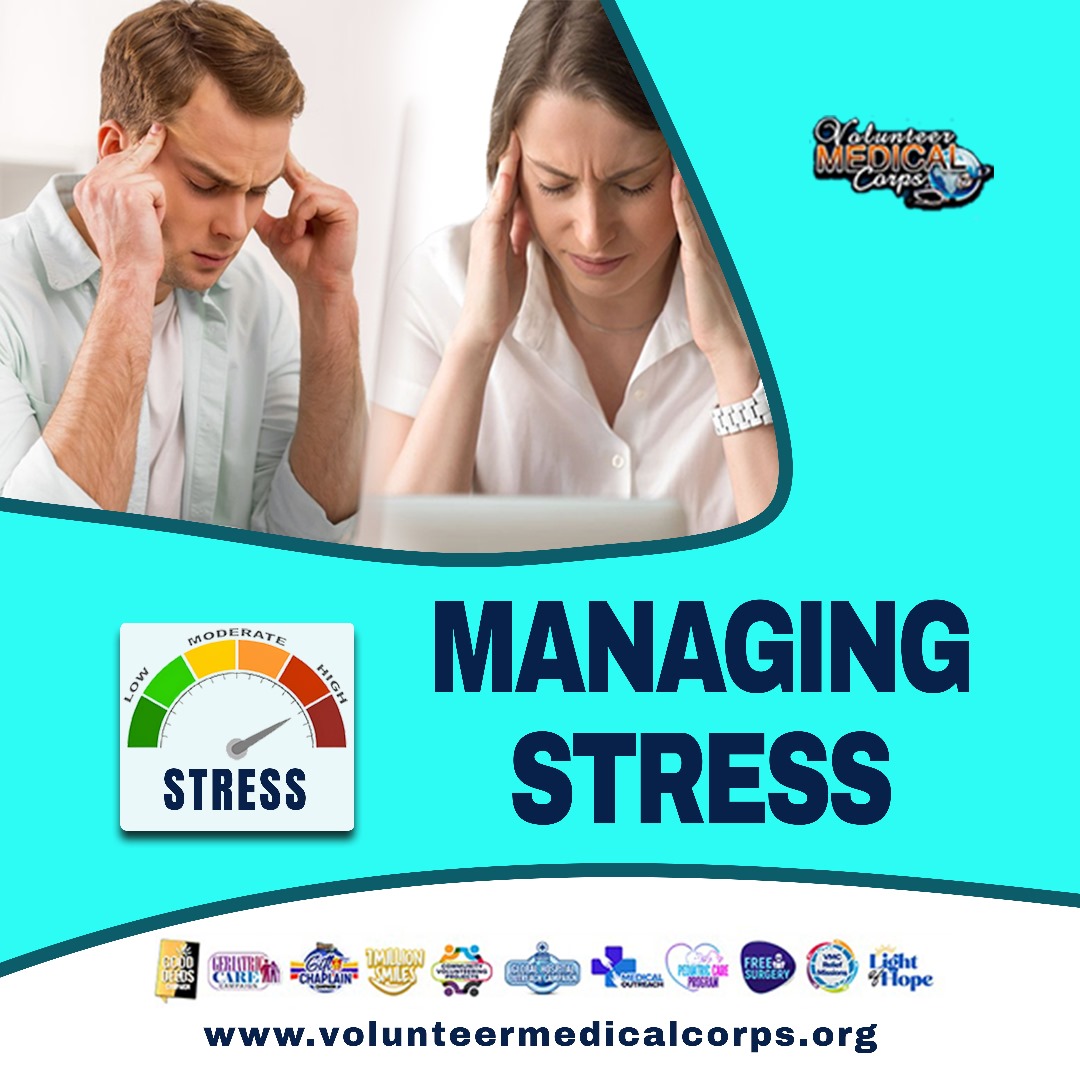
Stress is a natural part of life. It can motivate us to meet deadlines, improve performance, or adapt to challenging circumstances. However, when stress becomes chronic, it can negatively impact on our mental, physical, and emotional well-being. Stress is the body's response to any demand or threat, whether real or perceived. When you face a stressful situation, your body activates its "fight or flight" response, releasing hormones like cortisol and adrenaline.
While this reaction is crucial in emergencies, prolonged activation can lead to health problems such as high blood pressure, anxiety, depression, and even heart disease.
Stress can arise from various sources, such as: Workplace Pressure – Deadlines, long hours, and demanding tasks, Financial Issues, Relationship Struggles, Health Challenges, etc. While these stressors are common, the way we respond to them makes a significant difference.
Managing stress is not about eliminating it entirely but finding ways to reduce its impact and build resilience.
Here are some effective strategies:
1. EXERCISE REGULARLY
Physical activity is one of the best ways to combat stress. Exercise releases endorphins, the body's natural stress relievers. Activities like walking, running, or even dancing can provide a quick mood boost and improve your physical health.
2. STAY ORGANIZED
A cluttered schedule or workspace can add to stress. Use tools like planners or apps to prioritize tasks and set realistic goals. Breaking tasks into smaller steps can make them more manageable and reduce feelings of overwhelm.
3. CONNECT WITH OTHERS
Social support is crucial for stress management. Sharing your feelings with a trusted friend or family member can provide relief and perspective. Joining support groups or engaging in community activities can also foster a sense of belonging.
4. FOCUS ON HEALTHY HABITS
Adequate sleep, a balanced diet, and hydration are fundamental to stress management. Avoid excessive caffeine or alcohol, as they can exacerbate anxiety. Incorporating nutrient-rich foods like fruits, vegetables, and omega-3 fatty acids can help regulate mood and energy levels.
While self-help strategies are effective for many, some situations require professional intervention. If stress is interfering with your daily life, relationships, or physical health, consider consulting a therapist, counselor, or doctor. Cognitive-behavioral therapy (CBT) and stress management programs can equip you with tools to navigate life's challenges.
Managing stress is a lifelong journey that requires self-awareness, practice, and adaptability. By incorporating stress-reducing strategies into your daily routine, you can enhance your resilience and lead a more fulfilling life. Start small—choose one or two techniques that resonate with you, and build from there. Stress may be inevitable, but it doesn’t have to control your life. With the right approach, you can transform stress into a tool for personal growth and thrive in the face of adversity.
Admin